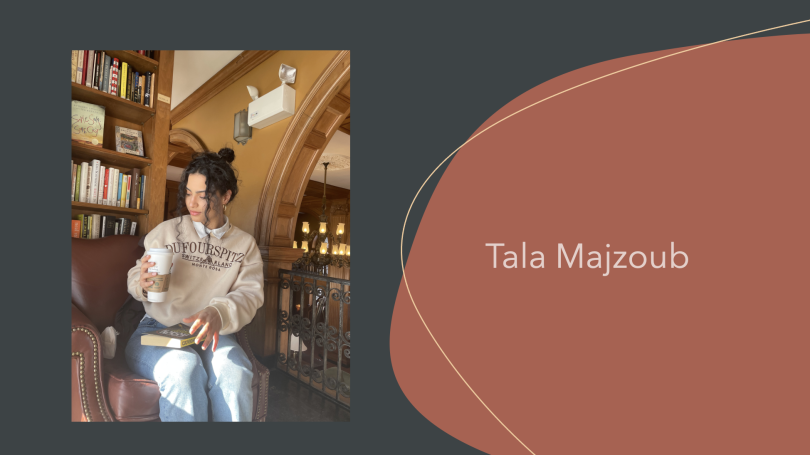
- Undergraduate
- Graduate
- News & Events
- People
Back to Top Nav
Back to Top Nav
Back to Top Nav
Sudan's Democratic Transition at a Crossroads
Rep. Ocasio-Cortez claims to stand up for justice, but fails when it matters.
On Oct. 25, the Sudanese military seized power and declared a state of emergency. In response, thousands of civilians poured into the streets of the capital, Khartoum, in protest against the prospect of military rule. General Abdel-Fattah al-Burhan, the head of Sudan's power-sharing "Sovereignty Council," which constitutes a lead civilian-military institutional setup, launched the military coup and took the prime minister captive. Although prospects of a return to military rule loom over Sudan, the counterrevolution could still be reversed with extensive street protest coupled with firm international pressure.
Tension between civilians and the military in Sudan began to manifest soon after the army pulled its support from former dictator Omar al-Bashir in April 2019. The military insisted on guarding the transitional period, but a coalition of civilian political groups, The Forces of Freedom and Change, called for a full return to democracy. In the end, military generals and civilian opposition leaders reached a provisional constitutional declaration establishing the power-sharing Sovereignty Council led by General Burhan. The agreement stipulated that the governing body would cede the presidency of the council in November to a civilian, who would then lead it for another 18 months.
But since the agreement went into effect in July, the military has revealed its anti-democratic tendencies and shown no interest in relinquishing its control. Burhan has cited the strife and deadlock within the transitional government as justification for the coup — the popularity of which has deteriorated as the country's economy has worsened. However, the true reason for the coup is a lot more direct than it first appears — simply put, General Burhan is not ready to give up power.
Tala Majzoub is a graduate student in the Comparative Literature Program at Dartmouth College. I previously worked as a Research Assistant at think tank Arab Reform Initiative. I have a BA in English Literature, a minor in Media and Communications, and a minor in Translation Studies from the American University of Beirut (AUB). My work mostly covers Lebanon and the wider region, with a special focus on youth activism, media regulation, mental health advocacy, women's rights, and social justice. I have had particular experience working in research, policy analysis, project management, and political campaigns.